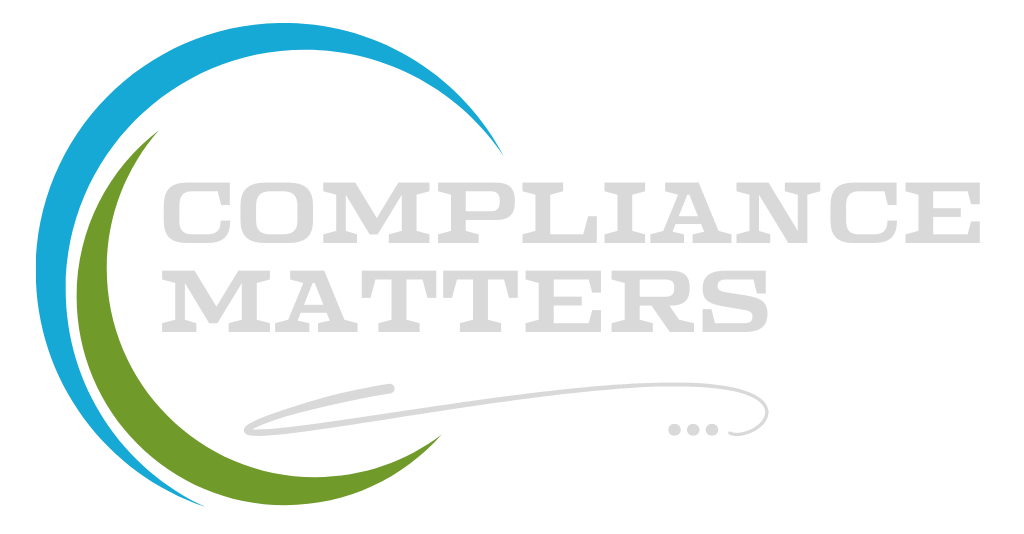Dismissal for social media posts linked to the workplace is fair
The Labour Court recently handed down a judgment in the matter of Nhlanhla Christopher Makhoba and the CCMA (September 2
021) in which the Court addressed a number of interesting issues.
The applicant was dismissed for having posted a racist comment, ‘Whites mz b all killed’, on his Facebook page.
Following his disciplinary hearing he was found guilty. He faced allegations of having made a racist comment and that the said comment was contrary to the interests of his employer. These allegations were based on the respondent’s disciplinary code and not its social media policy.
At his disciplinary hearing his defence that he had not placed the comment and that his Facebook page had been hacked, was rejected. This version changed at arbitration when he conceded that he had posted the comment, but argued, inter alia, that the employer had withheld its social media policy from him, that the incident occurred outside of working hours, that it did not relate to any person or manager at the company, that he had not used the employer’s equipment to send the post, and that it was posted on his personal Facebook account.
The commissioner found no merit in his version. The commissioner further said the fact that he was at home when he posted the racist comment was totally irrelevant. The case law was clear – an employer had the right to take disciplinary steps against an employee if it had some interest in that employee’s conduct when he was not at the workplace.
Unhappy with the CCMA commissioner’s award upholding the dismissal, he turned to the Labour Court.
The Labour Court made short shrift of the applicant’s argument that he made the statement outside of his working hours and therefore it could not possibly have constituted a disciplinary offence.
In essence the Court held that when the misconduct is committed away from the workplace, the only question is whether there was a nexus between the conduct and the employer’s business. If there was such a link, and if it has a bearing on the employment relationship, the employer is entitled to take disciplinary steps against the employee.
In this instance the respondent’s employer had a direct interest in the applicant’s conduct because it employed people of all races. It could therefore not be expected to continue employing someone who publicly called for the killing of all the members of a particular race group. Although this was not spelled out by either the arbitrator or the Court, it stands to reason that the racist post would then also be aimed at the applicant’s fellow employees who were white.
In effect the applicant’s dismissal was informed, on the one hand by the principle in Edcon Limited v Cantamessa and Others (JR30/17) [11 October 2019], and on the other by the principle in Custance v SALGBC (D114/02) [2003].
The Court held per Cele J in Cantamessa that the respondent employer could discipline her for having posted a racist comment on her Facebook account:
[16] In principle therefore, Edcon could exercise discipline over Ms Cantamessa provided it established the necessary connection between the misconduct, if any, and its business. The comments made by Ms Cantamessa did not in and of themselves relate to the employer – employee relationship. The only source for the connection lies in that her Facebook page indicated that she worked for Edcon (My emphasis).
As long ago as 2003 the Court per Pillay J held in the matter of Custance v SALGBC that:
[28] …the derogatory terms used manifest a deep-rooted racism which has no place in a democratic society. Whether the word was uttered on or off duty was immaterial as it is the attitude that persists which, when on duty, affects the employment relationship.
In line with the finding in Custance, the Court held in Makhoba that the applicant’s attitude as expressed in his Facebook post, justified his dismissal, for in the words of the Constitutional Court (in the matter of Rustenburg Platinum Mine v SAEWA obo Bester and Others (CCT127/17) [2018]):
[56] We are dealing here with racism in the workplace. Our courts have made it clear, and rightly so, that racism in the workplace cannot be tolerated. Employees may not act in a manner designed to destroy harmonious working relations with their employer or colleagues. They owe a duty of good faith to their employers which duty includes the obligation to further their employer’s business interests. In making racist comments in the public domain, the actions of the employee may foreseeably negatively affect the business of his employer or the working relationship between him and his employer or colleagues (My emphasis).
The importance of this judgment is that it emphasises that when there is a clear link between an employee’s conduct away from the workplace and the workplace, the employer has every right to take disciplinary steps against that employee.

